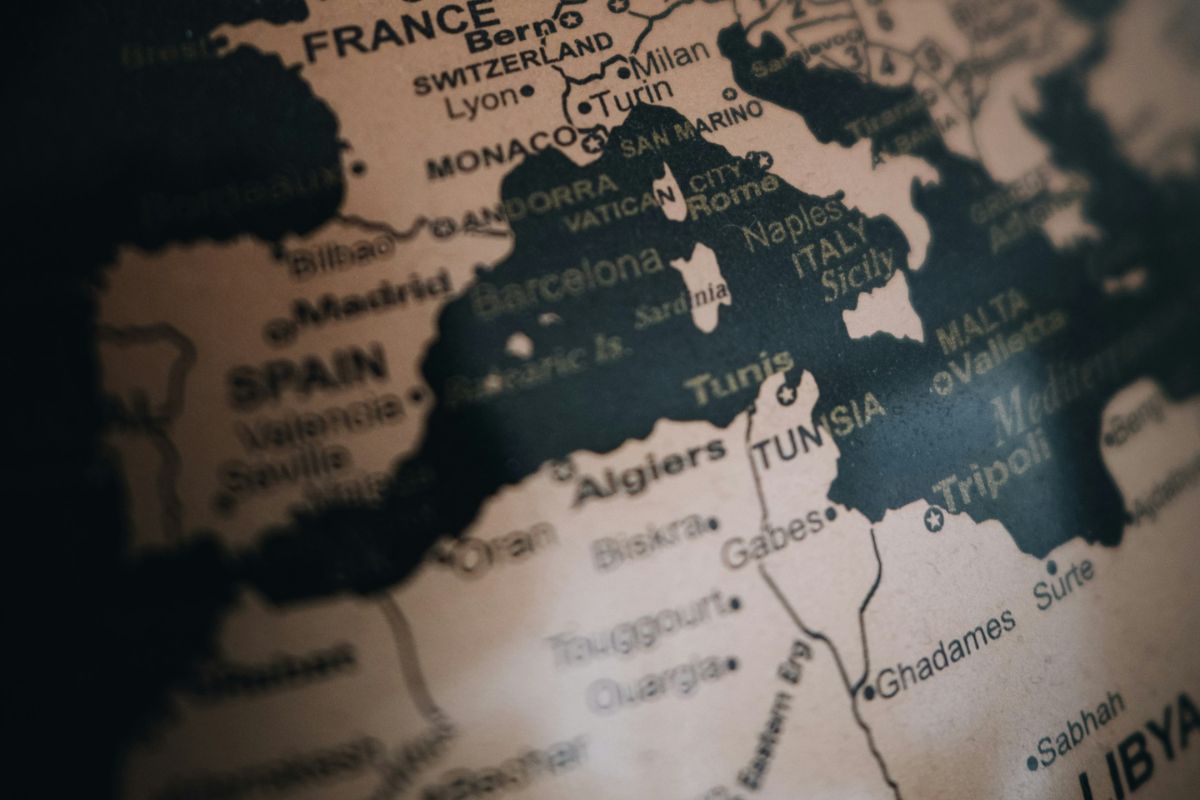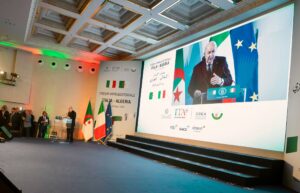On May 6th, the EU Commission released its new Roadmap towards exiting Russian energy imports. This represents a logical step in Europe’s energy and geopolitical strategy. Since the Russian invasion of Ukraine in 2022, reducing dependence on Russian fossil fuels has become a core pillar of European energy security. The original REPowerEU plan helped cut EU gas demand by 18% between 2022 and 2024.
The updated Roadmap builds on this progress with the goal of fully ending Russian fossil fuels imports by 2027. However, the Roadmap risks sending mixed signals to countries in the Southern and Eastern Mediterranean that currently supply gas to the EU.
While document rightly acknowledges that “gas will remain part of Europe’s energy mix in the years ahead”, it fails to clearly state that its role is declining rapidly. According to the EU’s own projections, gas use in Europe is expected to fall below half of 2019 levels by 2030 and reach just 14% by 2050. Transparency and awareness of this context is key to mitigate the strong emphasis on alternative gas supplies, which may encourage governments in the region to pursue new fossil fuel investments that are unlikely to deliver long-term returns.
With the upcoming New Pact for the Mediterranean and the Trans-Mediterranean Energy Initiative (T-Med) currently being drafted by the European Commission, there is an opportunity to reframe EU–Mediterranean energy cooperation. Instead of short-term fossil fuel deals, we need a shared long-term vision focused on:
- Expanding renewable energy deployment.
- Modernising electricity grids and enhancing cross-border interconnectors.
- Supporting fossil-fuel producing countries in diversifying their economies and preparing for declining demand.
Read the Statement
Photo by Claudio Schwarz







